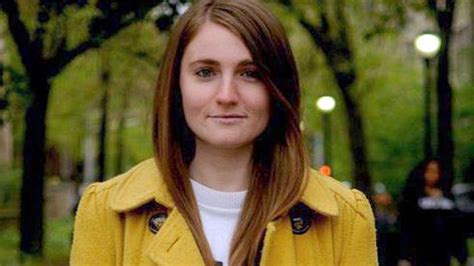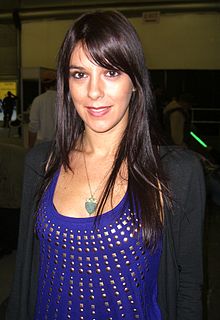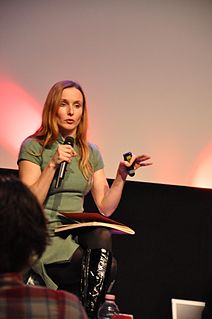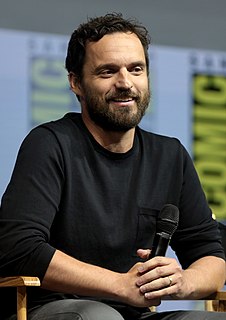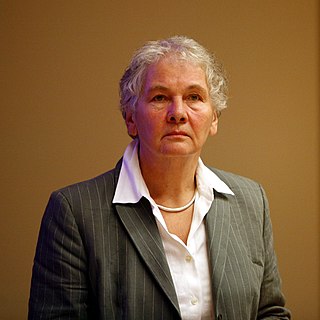A Quote by Margaret Mitchell
Times were so hard it was difficult to feed and lodge humans, much less animals.
Related Quotes
When humans act like animals, they become the most dangerous of animals to themselves and other humans, and this is because of another critical difference between humans and animals: Whereas animals are usually restrained by the limits of physical appetites, humans have mental appetites that can be far more gross and capacious than physical ones. Only humans squander and hoard, murder and pillage because of notions.
We’re turning everything on the planet into food for humans so we’re cutting down the rainforests, displacing all of the animals, and we’re doing all this to feed humans... ... Imagine if there were only 2 billion people polluting? We’re already overpopulated. I feel we’ve become a parasite on this planet. If this population keeps growing, we’ll just keep devouring the planet, and I don’t think it’s going to stand for that very long.
Humans — who enslave, castrate, experiment on, and fillet other animals — have had an understandable penchant for pretending animals do not feel pain. A sharp distinction between humans and 'animals' is essential if we are to bend them to our will, make them work for us, wear them, eat them — without any disquieting tinges of guilt or regret. It is unseemly of us, who often behave so unfeelingly toward other animals, to contend that only humans can suffer. The behavior of other animals renders such pretensions specious. They are just too much like us.
It's not that humans and non-humans are identical... but the lack of understanding that led to the slave trade is the same lack of understanding many people have about animals today. When slaves were brought over from Africa, many people believed they were not humans, that they didn't have feelings. Many people believe that primates and other animals don't have feelings, too, but they do.
Louis [Leakey] was anxious to initiate a scientific study of these chimpanzees. It would be difficult, he emphasized, for nothing was known; there were no guidelines for such a field study; and the habitat was remote and rugged. Dangerous wild animals would be living there, and chimpanzees themselves were considered at least four times stronger than humans. I remember wondering what kind of scientist he would find for such a herculean task.
It has been an obsession of human beings to create a hierarchy that places the human species on top and lumps all the "other animals" together beneath us. The resulting "speciesism" allows us to look upon animals as less deserving of all manner of rights and considerations than humans. To support this lower status, humans have argued that animals act instinctually; don't have souls; don't feel physical pain like we do; and lack self-consciousness, cognitive intelligence, emotional feelings, morality, and ethics.
In prehistoric times, Homo sapiens was deeply endangered. Early humans were less fleet of foot, with fewer natural weapons and less well-honed senses than all the predators that threatened them. Moreover, they were hampered in their movements by the need to protect their uniquely immature young - juicy meals for any hungry beast.


